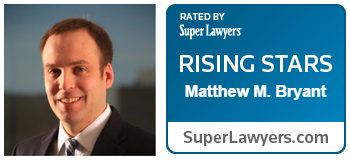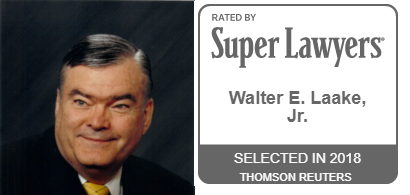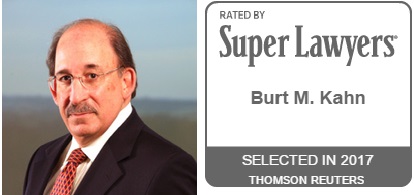More and more frequently, lawyers for workers now say, employers are evading the legal requirement to pay overtime to their employees by choosing to pay them what they a salary instead of an hourly wage, and then telling the employees that they are not entitled to overtime because they have an “exempt” job title.
Brian J. Markovitz of Joseph, Greenwald & Laake in Greenbelt, Md. and his co-counsel in the case, R. Andrew Santillo of Winebrake & Santillo in Dresher, Pa., recently obtained judgements with Illinois-based Heartland Dental, LLC, on behalf of three plaintiffs – all of them workers who were improperly denied overtime pay by the company.
In June 2016, Markovitz and Santillo filed a civil lawsuit in the U.S. District Court for the District of Maryland charging Heartland Dental with violating the law by denying overtime pay, which is normally “time-and-a-half” of their regular pay, to the salaried office managers that it hires to work in dental offices.
Heartland Dental is a company that provides office managers, marketing personnel, IT workers, and other support staff to dentists across the country. It works with more than 750 dental offices and pays the workers directly.
The lawsuit alleges that Heartland Dental violated federal overtime law by classifying so-called “S,” or salaried office managers in dental offices, as exempt from receiving overtime premium pay (or “time-and-a-half” pay) when they worked more than 40 hours in a week.
According to the complaint, the duties and level of supervision of the “S” office managers were precisely identical to those of other office managers who were being paid hourly and were receiving overtime pay. Accordingly, the lawsuit states, Heartland violated the federal Fair Labor Standards Act. The lawsuit seeks damages, penalties and litigation costs from Heartland Dental.
“We are very pleased that Heartland Dental chose to settle with three plaintiffs on satisfactory terms,” Markovitz said. “But there are many more office managers who were improperly denied overtime pay, and we hope they will come forward as well.”
The lawsuit was filed as a collective action on behalf of all people who worked as salaried office managers for Heartland Dental any time after June 16, 2013.







